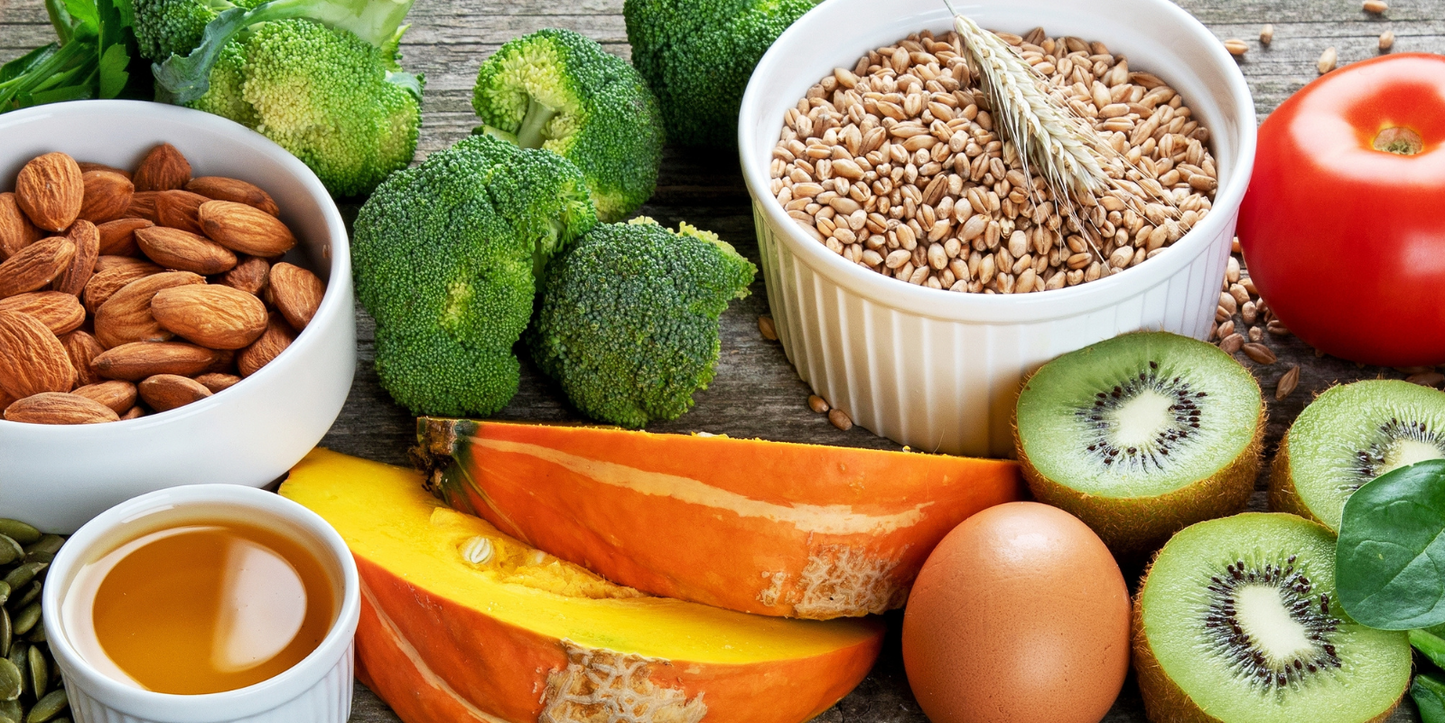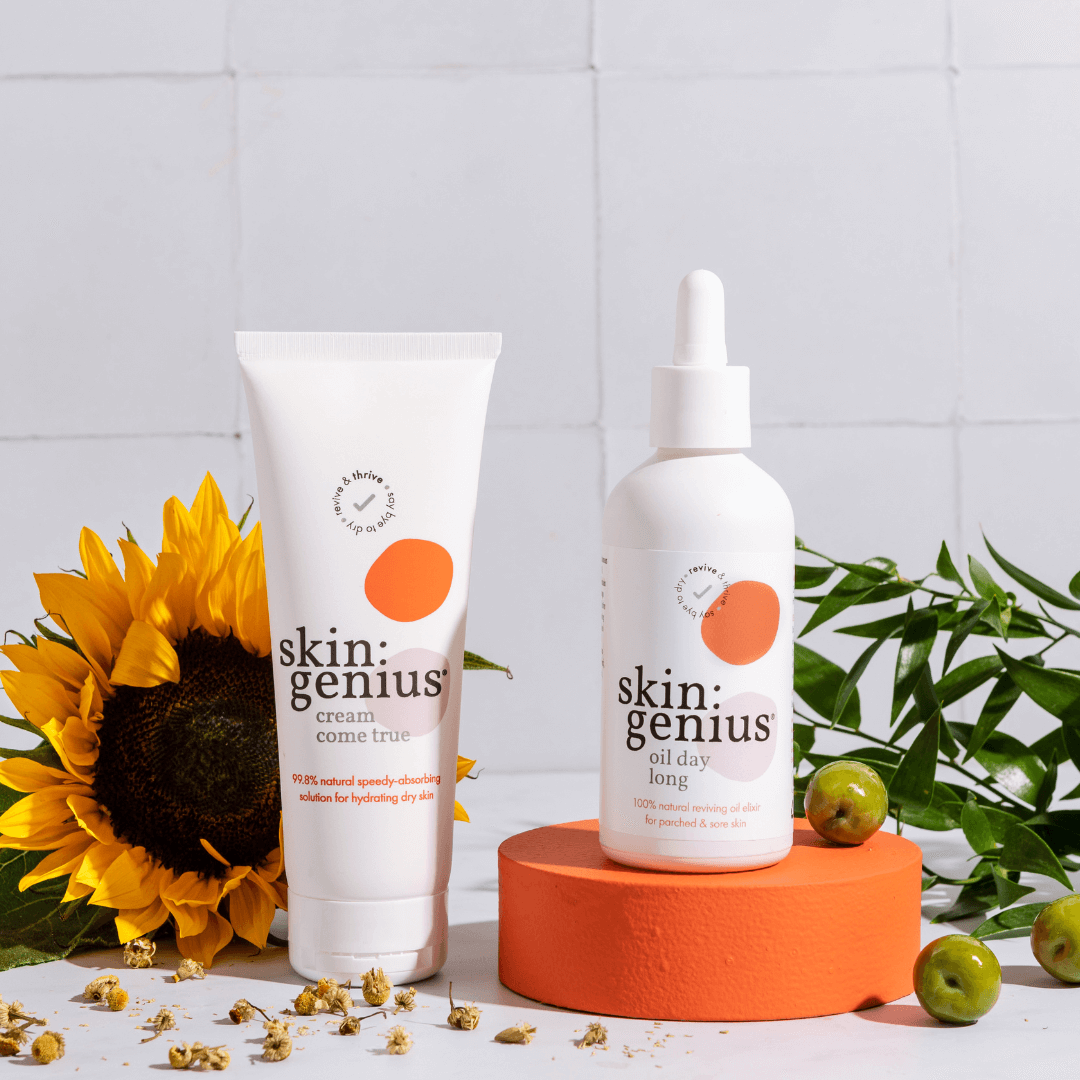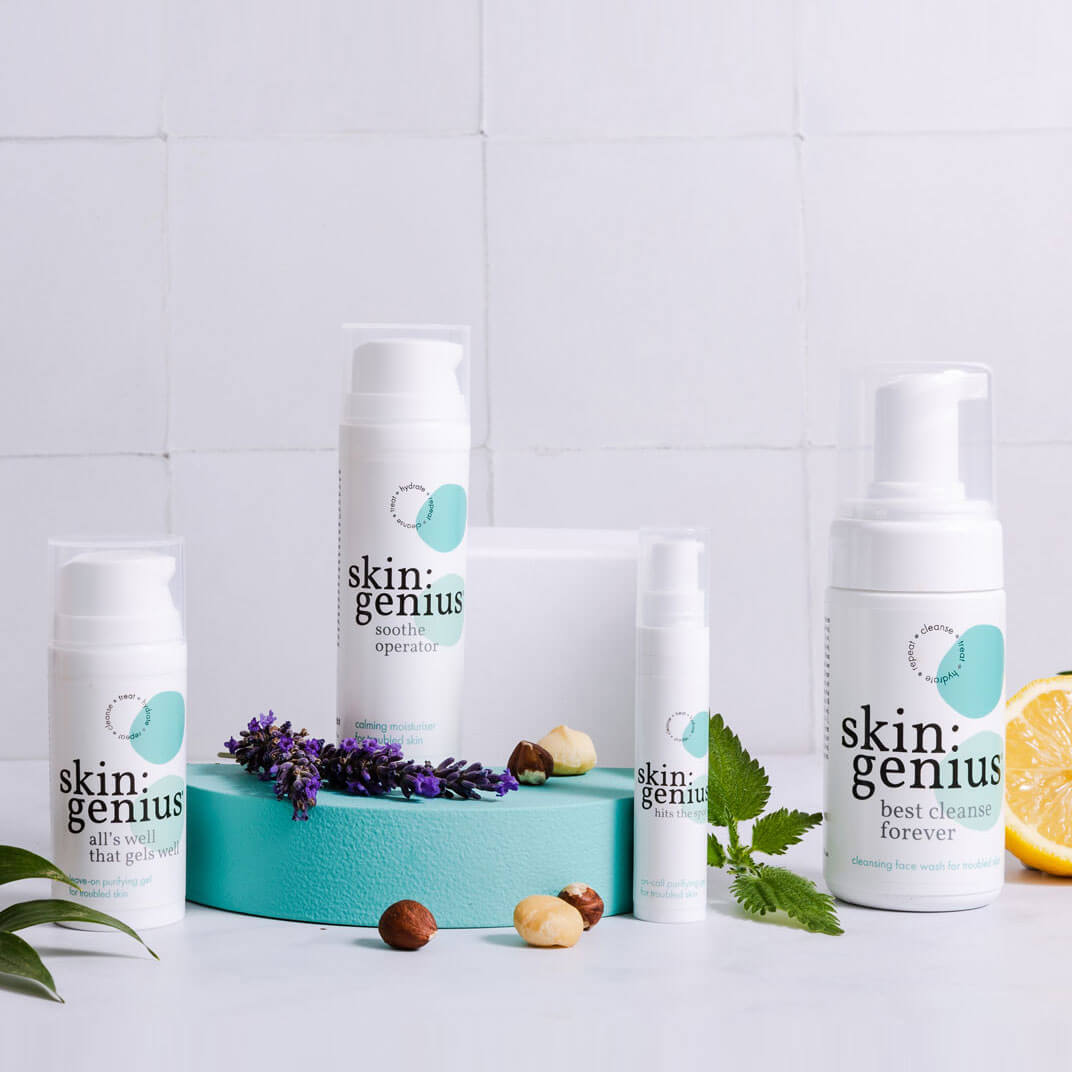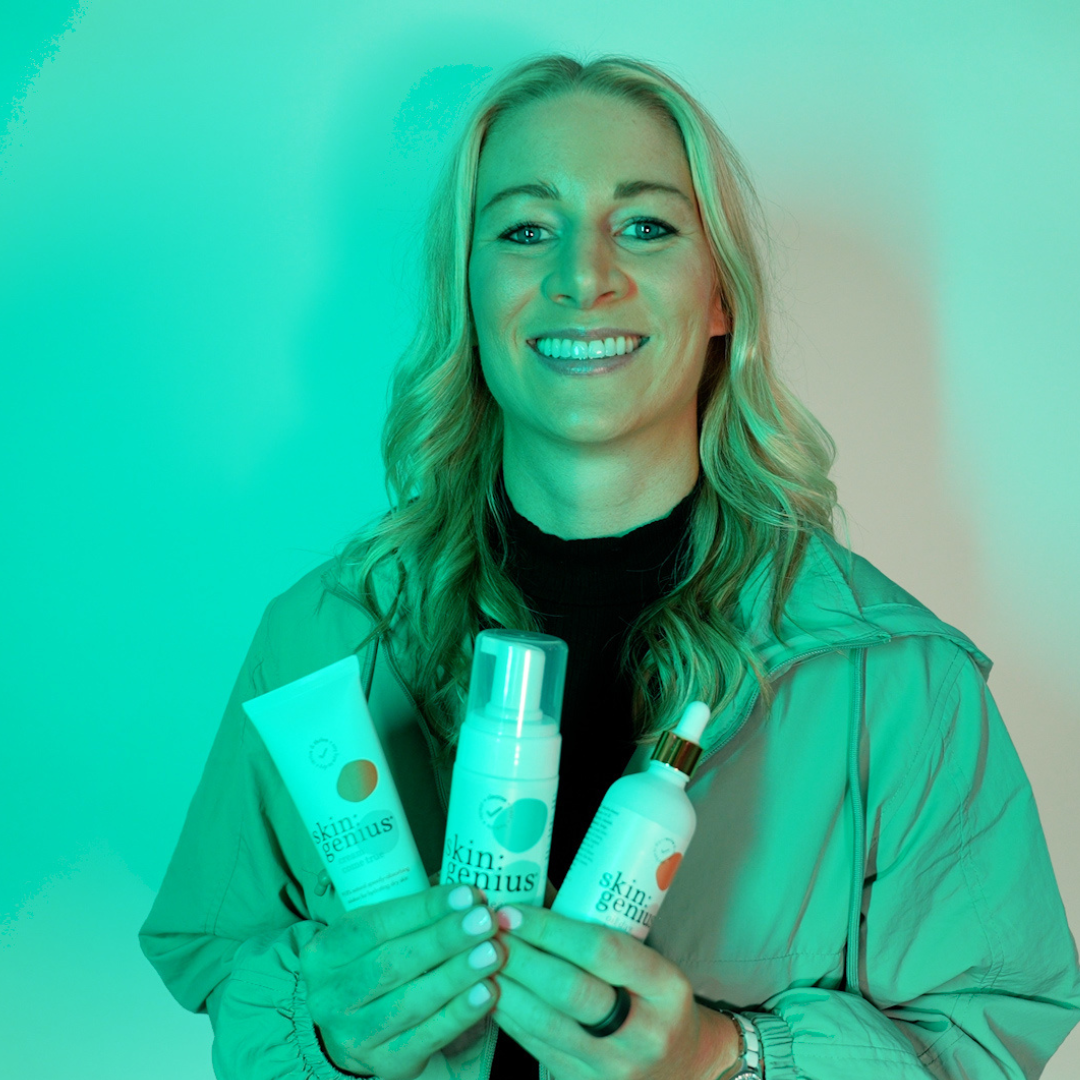
The changing of the seasons often brings about issues with our skin resulting in it becoming dry, dull or flaky, while worsening conditions such as eczema or psoriasis. These changes are primarily due to shifts in weather and environmental conditions but feeding your skin from within can help counterbalance such symptoms.
Restoring lost moisture
In the autumn, when we first switch on our heating, we see a reduction of humidity in our environment. Meanwhile, the colder air outdoor is more dry and harsh on our skin. This lack of moisture indoors and out can lead to our skin feeling drier.
The cooler temperatures in the autumn and winter can lead to the blood vessels in our skin to constrict. This reduces blood flow, which, in turn, can lead to a dull complexion and sometimes exacerbate dry skin conditions such as eczema and psoriasis.
To make matters worse, at this time of year, we’re tempted to drink less water and more tea and coffee to warm us up. The tea and coffee are diuretics which mean they contribute to further water loss in our bodies.
Two tips to help are:
- Switch out some of your tea and coffee drinks to herbal teas
- Increase your intake of foods with a high-water content such as fruit and vegetables.
Skin friendly foods
Foods high in vitamin E - such as nuts, seeds and spinach - will also help to support your skin’s health and moisture. If you have very dry skin, you might find a humidifier will help as it adds moisture to the indoor air.
Other skin-friendly foods include nuts, seeds, avocados and fish as they can help to support your skin’s naturally protective outer layer (known as the lipid barrier).
Beautiful berries
Consuming foods that are rich in antioxidants can protect your skin from environmental damage and inflammation. Top of my list are brightly coloured berries – such as blueberries, strawberries, raspberries and blackberries. Buying frozen berries is a more cost-effective way to get berries in the winter. Try gently simmering them in a pan in the morning and adding to a bowl of Greek yoghurt for breakfast.
You can also buy berry powder which is packed with antioxidants. A teaspoon is usually equivalent to more than a tablespoon of fresh berries. Simple sprinkle it on cereal, into baking or add to your morning smoothie. Aim for a serving of berries each day – that’s two tablespoons of fresh or frozen berries or two teaspoons of berry powder.
Don’t forget vitamin D
In the UK during the autumn and winter we get no vitamin D from the sun – even on a crisp, blue sky winter day. If in the summer months, you also spent most of your day working inside or covered in sun cream outside, you might already be deficient in vitamin D heading into winter.
Vitamin D plays a crucial role in skin health with low levels leading to dry, flaky and itchy skin and exacerbating symptoms of eczema and psoriasis. If you suffer from acne, a vitamin D deficiency might mean that acne lesions become more inflamed and persistent.
All in all, we need to eat more vitamin D-rich foods at this time of year. Good sources include fatty fish (salmon and mackerel), fortified dairy products or eggs.
It can be hard to get all the vitamin D we need from food sources alone so look out for good quality supplements to boost your intake. If you’re not sure whether you need extra vitamin D, ask your local healthcare practitioner or GP for a vitamin D finger price test: it’s quick and easy to do!
Not-so-comforting baths!
In the colder months you may be more tempted to indulge in hot baths and showers to warm up. While these feel comforting, they can strip your skin of its natural oils, leading to dryness and irritation. Make sure you use a rich, natural moisturiser – creams and oils are both soothing to use. Shea butter feels devine and oils are silky on the skin! Julia at Skin:Genius recommends rubbing Oil Day Long into DAMP skin to lock in even more moisture.
Beware the winter sun
Although the winter sun isn’t strong enough to help us form vitamin D, its UVB rays are strong enough to cause skin damage – especially as we’re less likely to be wearing any suncream at this time of year. These rays can be reflected when there’s snow on the ground increasing your exposure. Skiers beware!
A diet rich in vitamin C - found in citrus fruit, blackcurrants, kiwi, broccoli, Brussel sprouts, peppers, parsley and sweet potatoes - may support your skin’s ability to withstand UV damage. A further bonus of a diet rich in vitamin C is that it supports collagen production – especially important as we age when it naturally slows down.
Winter nutrition for a glowing skin can take a little more thinking about than summer foods which are naturally abundant and healthy. However, by taking a moment to adding these nourishing items to your shopping basket, you’ll be helping your skin stay hydrated, plump and clear whatever the weather throws at you!




